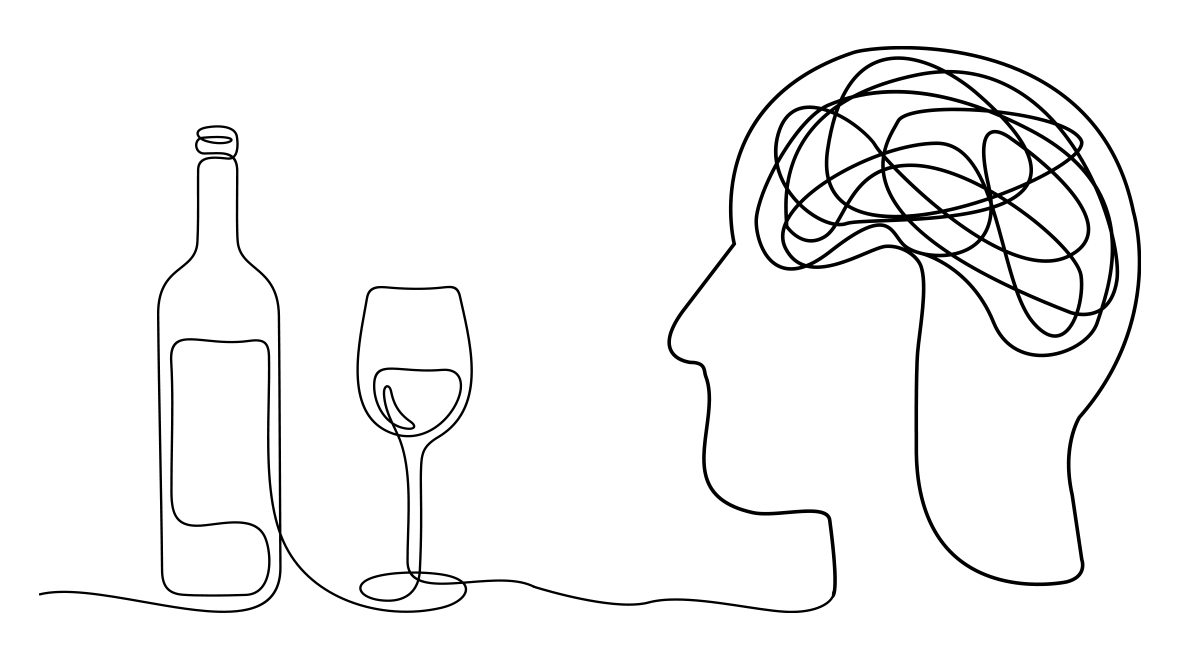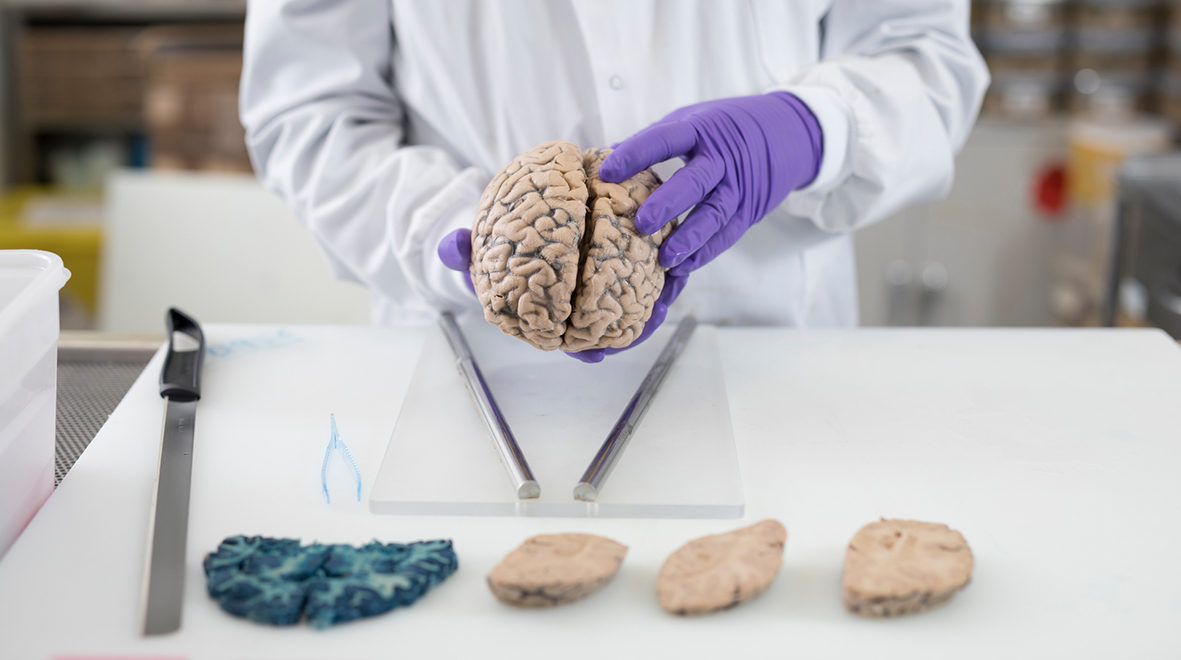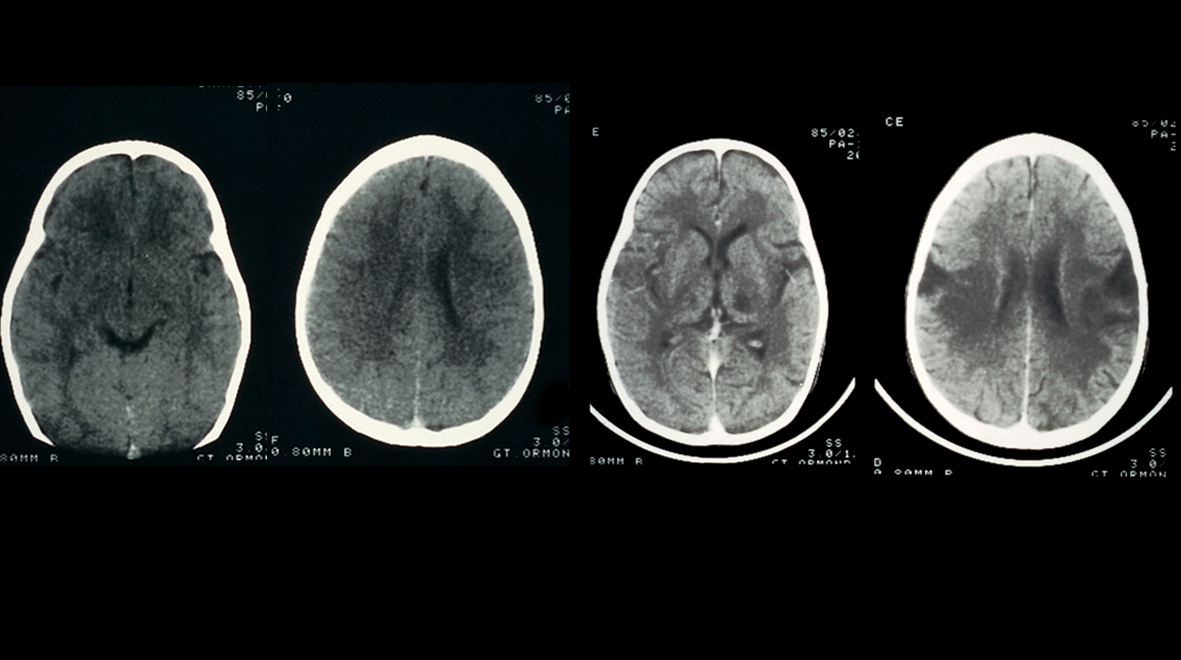Lockdown Hangover: The impact of COVID-19 on alcohol consumption

With reports of a spike in alcohol sales suggesting that many are turning to alcohol during these unprecedented times, PhD student Emily Palmer is conducting a survey to find out more about alcohol consumption and the potential public health consequences.
I blink my eyes open. Head is throbbing, suddenly I realise how thirsty I am and reach for the glass of water on my bedside table. Blissful saviour. Then slowly, the blurry memory of uncorking yet another bottle of wine swims to the forefront of my mind. This is my experience of being hungover.
Throughout my teenage years, hangovers were a ritualistic reprimand for a failure in self-control. However, throughout my studies – first in biomedical science and then neuroscience – I began to learn more about the science of the hangover phenomenon. My interest started with a project in my undergrad degree focusing on alcohol. Alcohol in the context of intoxication and addiction is widely researched, and there is no shortage of published papers. I was fascinated to learn how this widely used, socially acceptable drug ravages the brain and body. (more…)




